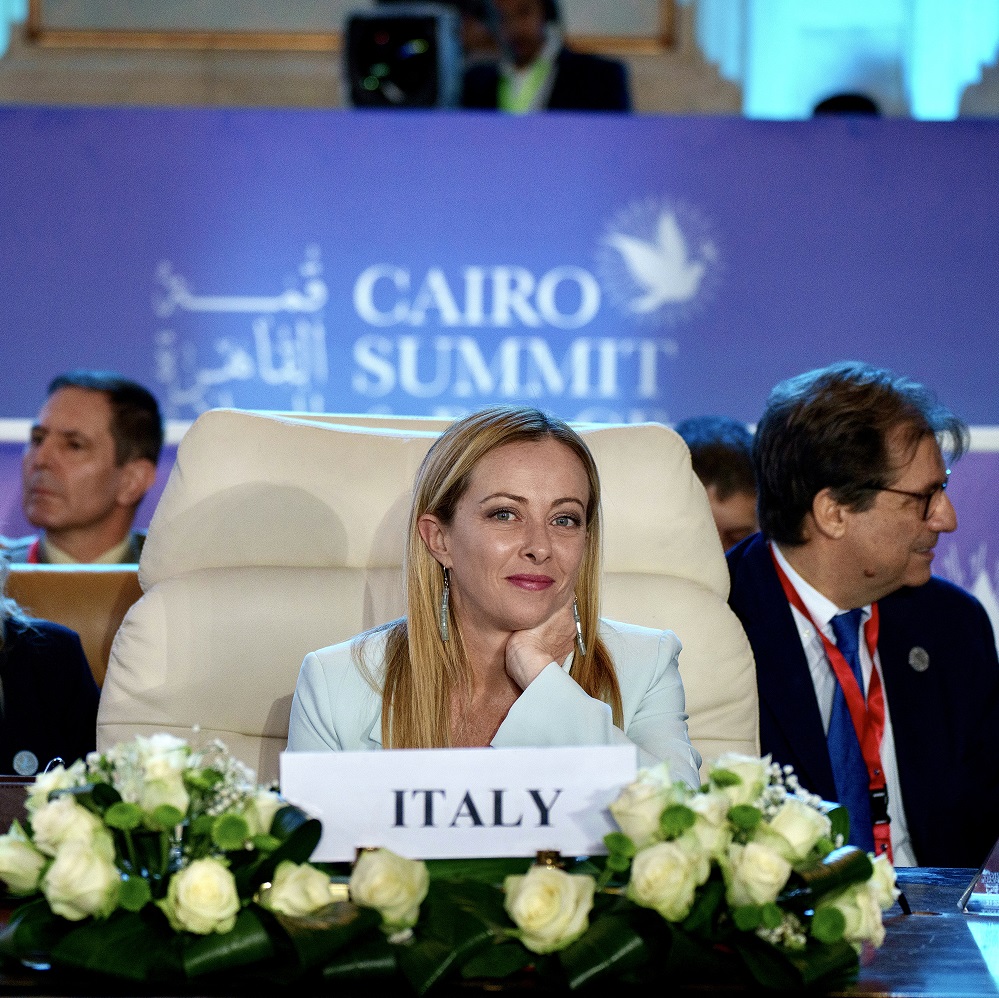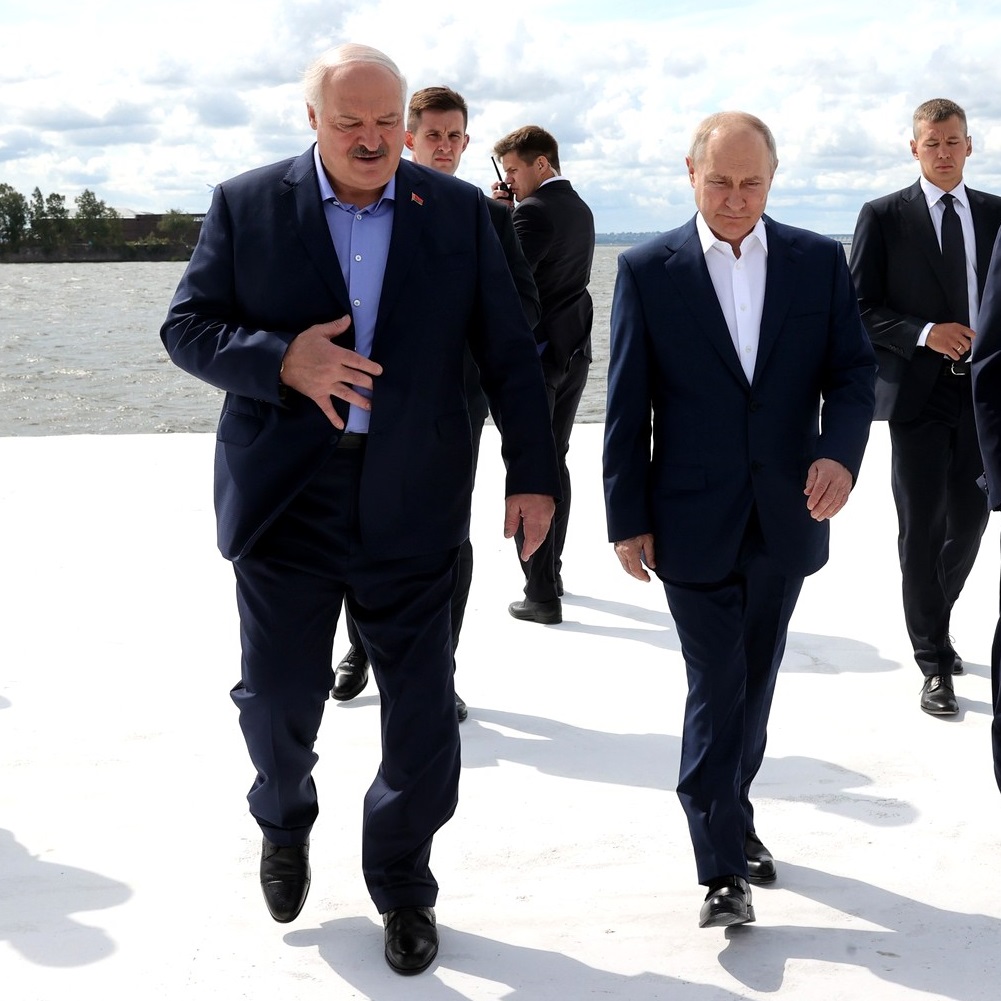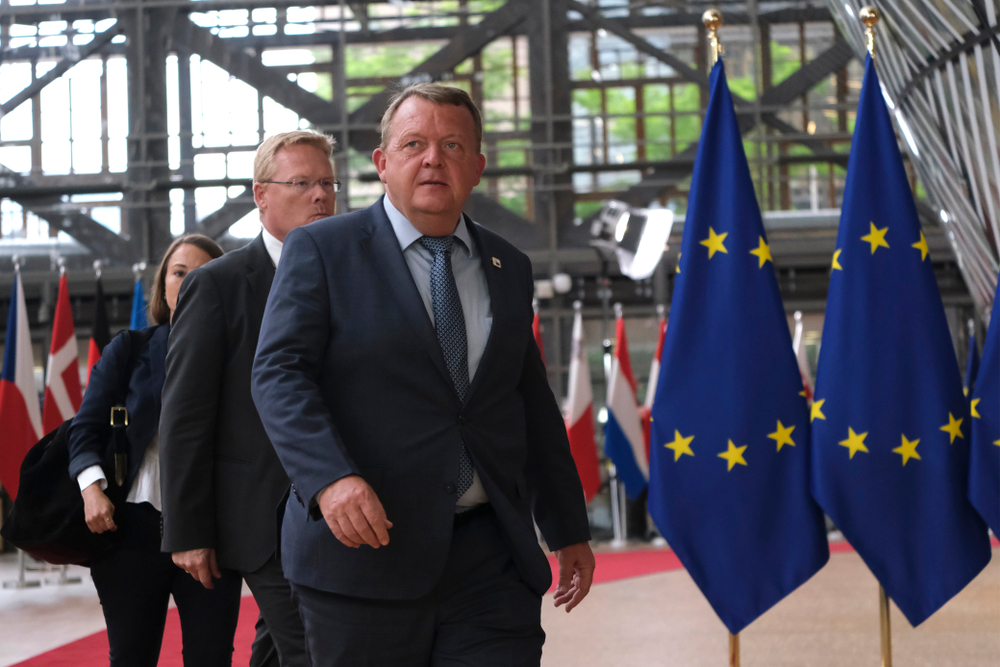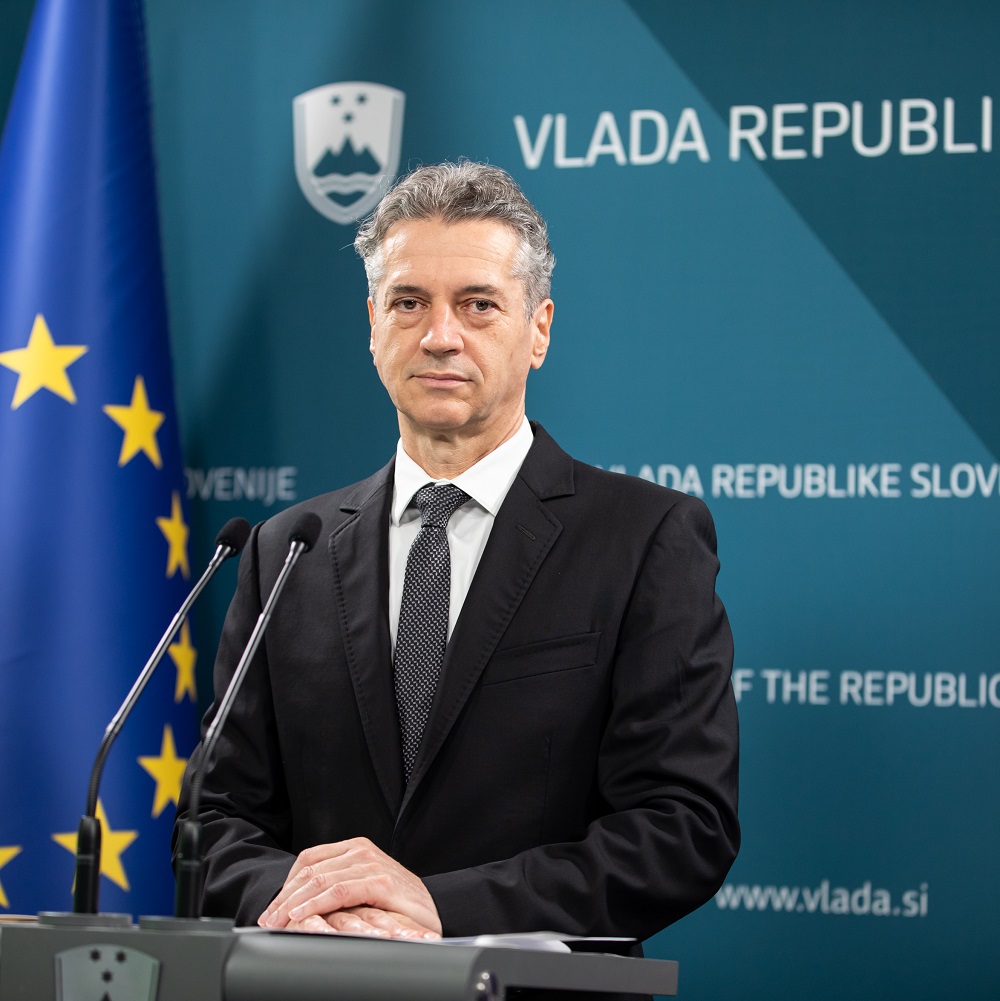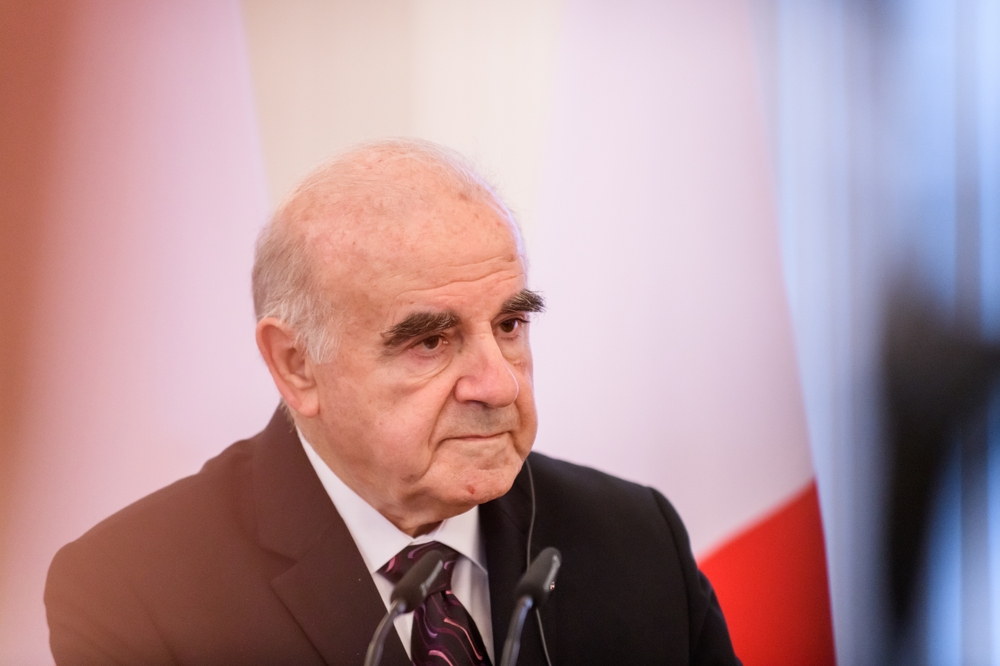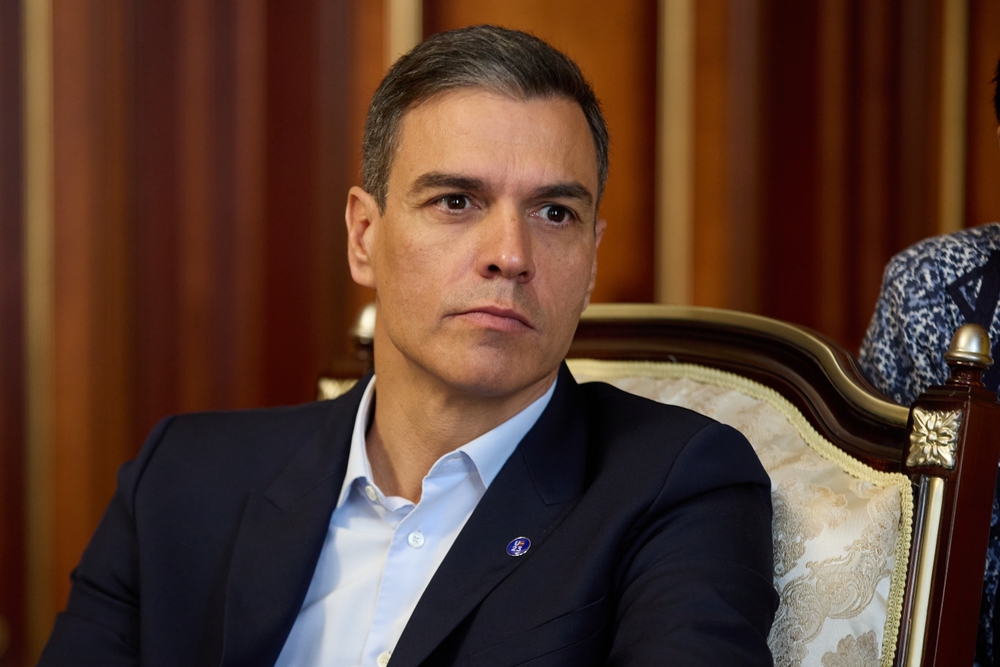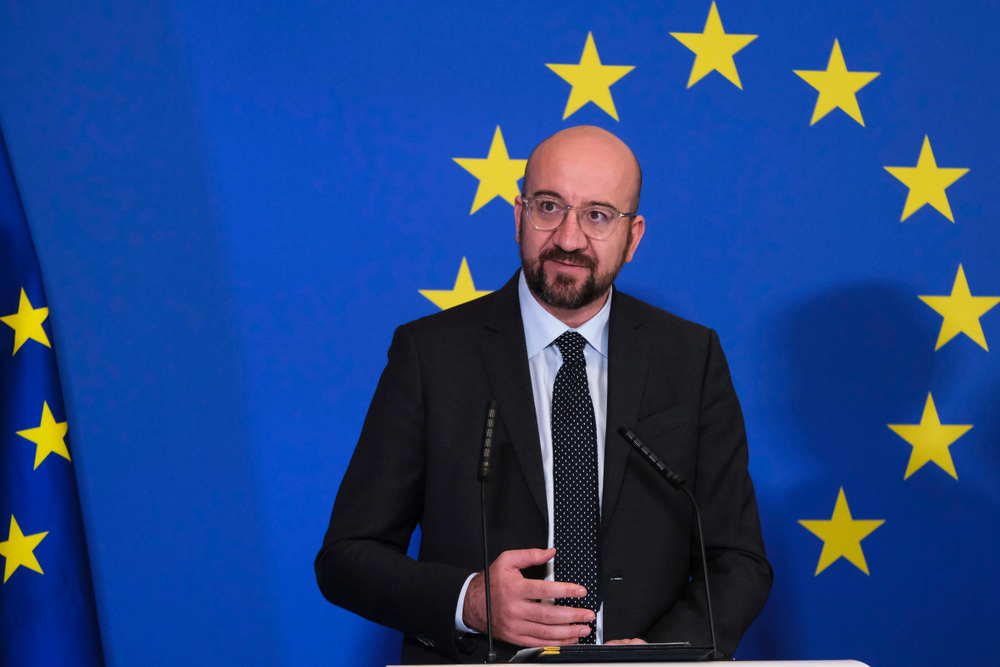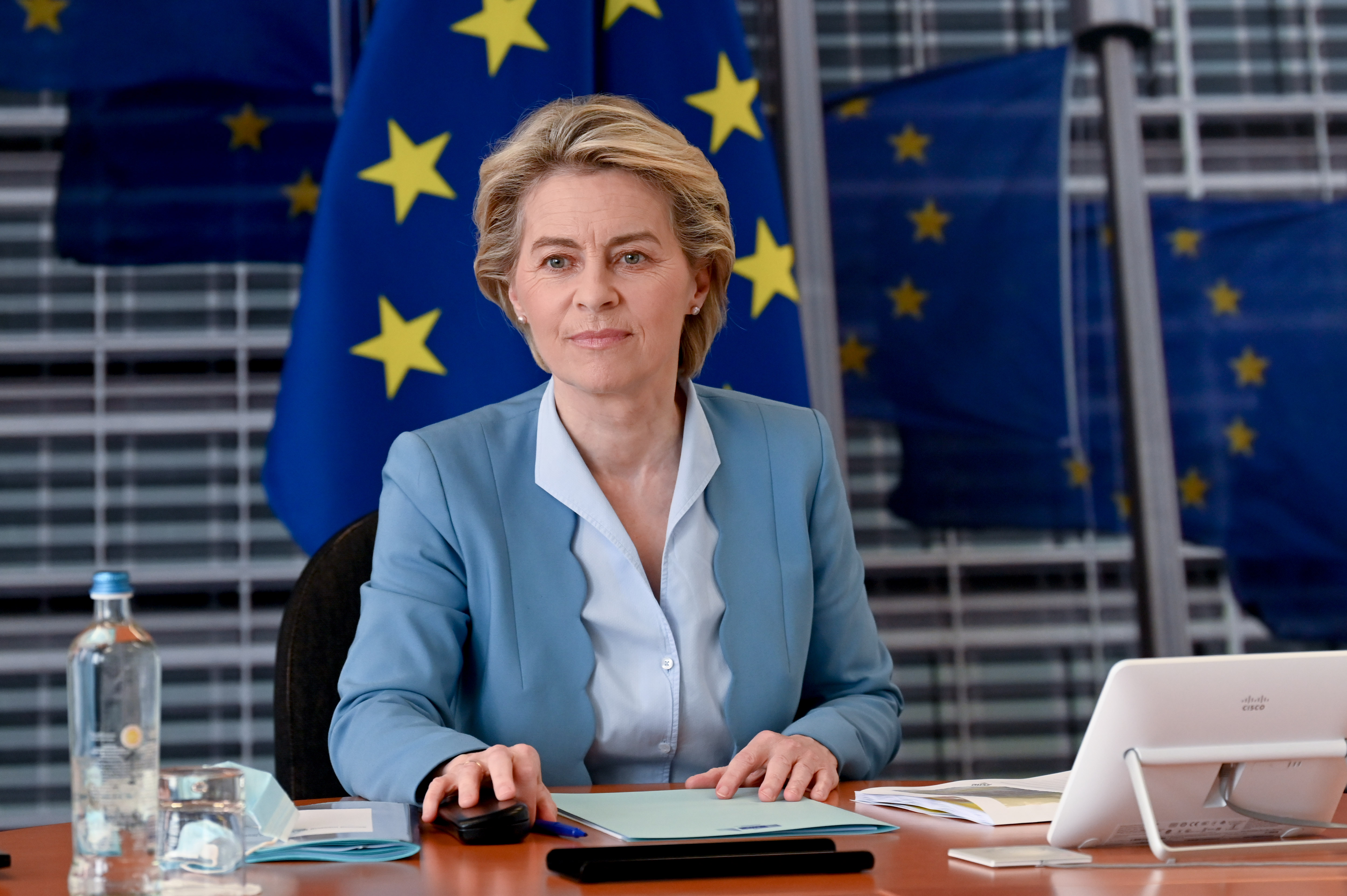The president of the Spanish government, Pedro Sánchez, has delivered this speech in the Rada, the Ukrainian parliament
by Pedro Sánchez
Thank you very much. Dear Mr. Speaker Stephanchuk, Distinguished Members of the Verjovna Rada,Excellencies, dear friends. I am very grateful to be here today, on this very special day for my country. Today, 1st July, Spain assumes the great responsibility of becoming the rotating Presidency of the Council of the European Union for the next six months. And I wanted that the very first thing I did in my new capacity was to address the people of Ukraine through their Verjovna Rada. I wanted to tell you that we are and will be with you as long as it takes. I wanted to tell you that we will support Ukraine no matter the price to pay. That we will be with you in the achievement of your aspirations to be a free and sovereign country that decides its own destiny as a member of the European family. In short, I am here to express the firm determination of Europeans and Europe to fight against the illegal, unjustifiable and unjustified Russian aggression to Ukraine. Once again, I have the honour to address all of you in this temple of Ukrainian democracy. My first address took place in February, on the first anniversary of Russia’s aggression against your sovereignty and territorial integrity. Things have changed since then. Today Ukraine is in the midst of the counter-offensive against an enemy that is showing signs of weakness. We have all seen the events of last week. They speak for themselves. And, if one side shows weakness, it is because in front of him there is someone who shows the opposite: determination. It's what I can see, right here, and right now: determination, strength and courage. What I can see is a whole country that refuses to be subjected and fights for its independence with immense dignity. I know the price to pay is enormous. Especially in human lives lost. Nothing I can say here today can comfort a family that has lost a daughter, a son, a mother, a father or a husband. Men and women who gave their lives defending a free and democratic Ukraine. Still, I want to do it from the bottom of my heart on behalf of my country, Spain. A country that mourns with you. A country that condemns every Russian attack against Ukrainian civilians, like the one at Kramatorsk. Victoria Amelina, a Ukrainian writer was there. Severely injured, now fights for her life. Victoria was close to the front line, because she wanted to document the tragedy. She wanted to collect the memory of infamy. The lost heritage. The broken lives. The crimes committed. We need women Victoria Amelina, to write history. To tell the facts as they happened and preserve the memory of those who suffer this tragedy. Excellencies, dear friends, we do not forget that the European aspiration of the Ukrainian people was one of the excuses that triggered the Russian reaction and, in turn, the invasion. It was only fair to honour this aspiration by granting you the status of candidate to the European Union. No one deserves it more than you, than Ukraine. However, I know that this is not an easy process, especially with an ongoing war. To become a member state requires changes, reforms and sacrifices. Not long ago, Spain faced this challenge as a candidate country. But, let me tell you, that the process to become an European Union member taught us important lessons. One of them is that undertaking reforms has a value in itself. Reforms make your governance and your economy better, more modern and transparent. They bolster international confidence and proximity. They attract investment. And, in time, they will grant you access to our European Union. A Union, which is more than just the largest internal market in the world. Which is, above all, a community of values: human dignity, freedom, democracy, equality, the rule of law and respect for human rights. Last week, the European Commission made a positive assessment of Ukrainians, of Ukraine’s progress concerning the required reforms. I congratulate you for the progress made, especially thanks to the legislative work of this Rada, and I encourage you to keep up with it. It is worth the effort. Congratulations. And of course we will be eagerly awaiting the report of the European Commission in the fall, which will set the basis for the future. Excellencies, We want a just and lasting peace in Ukraine. Only Ukraine can set terms and times for peace negotiations. Other countries and regions are proposing peace plans. The involvement is much appreciated, but, at the same time, we cannot accept them entirely. This is a war of aggression, with an aggressor and a victim. They cannot be treated equally. And ignoring the rules should in no way be rewarded. That is why we support President Zelenski’s peace formula, which is respectful with International Law and the UN Charter. Ukraine is paying a heavy prize in terms of destruction of cities and infrastructure. So, we need to make sure that the country is rebuilt, thus creating the conditions for its growth and prosperity. And we have already started. Today, Spain has decided to dedicate another 55 million euros, including offering 51 M€ through the World Bank Group to help finance Small and Medium Enterprises in Ukraine, as well as 4 M€ to the UN Development Program to provide schools in Ukraine with green-friendly and resilient energy systems. Reconstruction will take time and investment in many sectors. Spain is committed to accompanying Ukraine in this process. There are some areas, such as the railway infrastructure, in which our companies have the know-how that can make the difference. The Spanish government will support finance the necessary investments to adapt and upgrade infrastructures and productive sectors in your country. Yet, we understand that reconstruction and prosperity will only arrive if real, long-term security is achieved. My friends, in my view, it is clear that we cannot rely on the promises made after the Cold War anymore. We have to adapt to a different security environment, one in which concepts like peace, sovereignty or territorial integrity can no longer be taken for granted. The aggression on Ukraine has shown us that they need to be effectively defended. Not just with words, but with facts. Therefore, we will need to rethink the security framework to ensure that your country, Ukraine, will be able to live free from aggression or intimidation. As the President said, we are approaching the NATO Summit in Vilnius, which will follow on the commitments we made last year, in Madrid, the capital of Spain. Spain supports enhancing the political participation of Ukraine through the creation of a NATO-Ukraine Council, where you will no longer be an invitee, but a member, a full member. We are also in favour of enhancing the practical cooperation, to continue to adapt your defence sector to NATO Standards. These are, my friends, big steps forward that will be further discussed during the upcoming NATO Summit in Vilnius. Spain will continue to do its part as well: we are delivering more Leopard tanks, armoured personnel carriers and a field hospital with surgical capacity. We also continue to reach out to other countries and continents, to explain what is really happening here in Ukraine, but also to listen to their concerns, especially those related to food and energy security or insecurity, in this case. Excellencies, Last February, before my trip to Kyiv, someone in Madrid, in my city, was wondering about the Ukrainian’s state of mind and asked me: “Do you think they are afraid?”. When I came back, after the visit, I had a clear answer to this question and I told them: Look, they are not afraid. They are going to win. It will take them weeks, or months. It will take tears, blood and sweat, but Ukraine is going to win this war. And they asked me “Pedro, Pedro, why?, why?”. And I said, “Because there are two battles. One happens in the battlefield. The other happens in the mind, because it’s a battle of ideas. And that one, the Ukrainian people have already won it”. Ukraine has chosen democracy in the face of those who despise it. Ukraine has chosen openness and freedom, in the face of those who fear it. Ukraine has chosen to sit, and discuss, and vote, and change, and evolve, in the face of those who only believe in force and obedience. Ukraine has chosen to be independent, to move freely, to trade, to invest, to prosper, to have hope, in the face of those who still have delusional dreams about old empires. The Ukrainian people have chosen the European way. The Ukrainian people ARE, you are Europeans. And you are Europeans not only because of a geographical imperative. You are Europeans by moral and spiritual commitment. So, dear friends. During this years, I have learned many things about Ukraine. Even some Ukrainian words. For instance, I have learned that "Mriya" (emriya) means “dream” in English, we say in Spanish Sueño. That was the name of the largest plane in the world, located at the Hostomel airfield when it was destroyed by Russian troops in February 2022. That plane brought medical supplies during the pandemic or carried humanitarian aid in natural disasters. It was a symbol, a pride for Ukraine. They destroyed the symbol, but they couldn’t destroy the idea. Now, I have learnt that Ukrainian engineers are already working on the reconstruction of that giant of the skies. Let me tell you that you are not just rebuilding an airplane: you are rebuilding a dream. One day, that dream will cross the skies again. And from there, here on the ground, we will see a new Ukraine reborn from the ashes of destruction. That’s what you fight for. You fight for peace, for security and prosperity for your children. And every Ukrainian soldier knows it. Russian soldiers fight because they are scared they will be punished if they don’t. They ask themselves everyday “what are we doing here?”. You are united, you stand on the moral high ground. They even rebel, as we saw a few days ago. That’s why they cannot win and you cannot lose. I came here today to tell you that Europe is open to those who make the choice. The European Union was built to prevent new wars. We chose to get together, to be “united in diversity”, and that made us stronger. Europe is with you, and you are one with Europe. Mui Yevropa! [¡Somos Europa!] Slava Ukraini [¡Viva Ucrania!]
